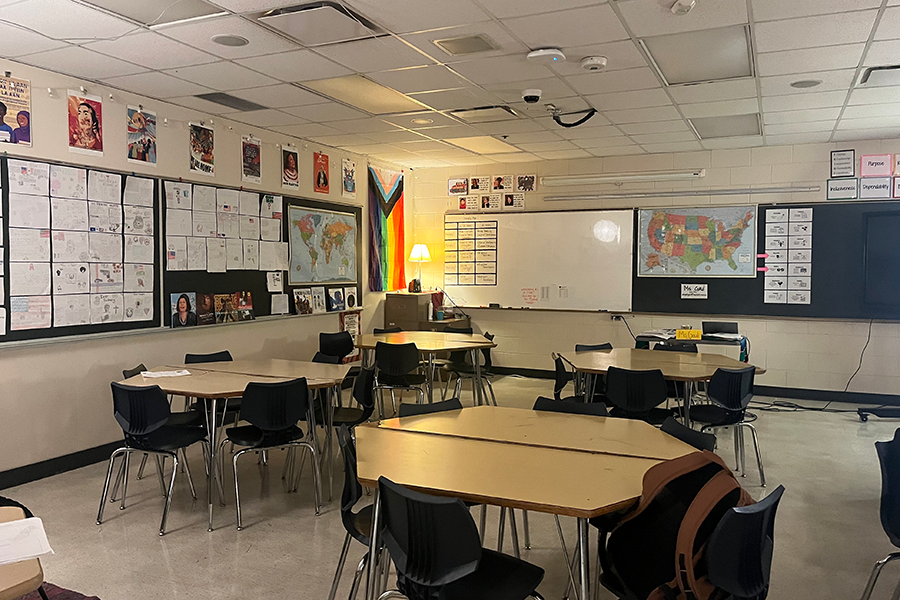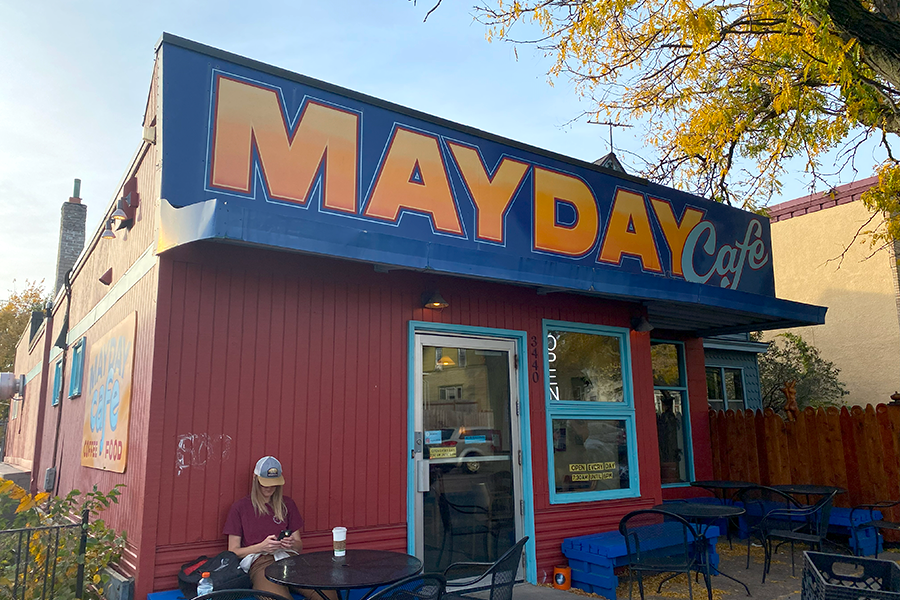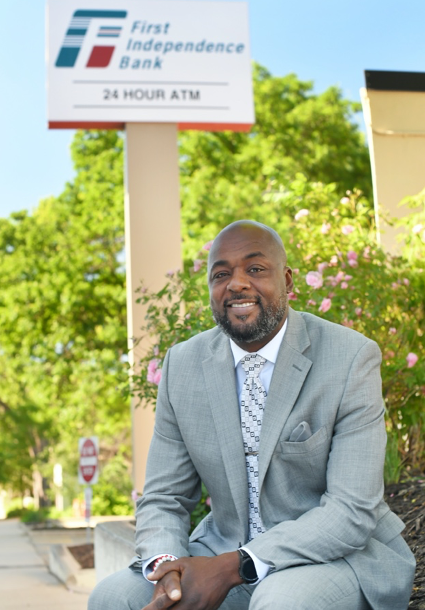Prayer is a part of most religions. It’s a private, sacred and important aspect of faith that most often occurs in a place of worship, whether that’s a church, mosque or temple. But you may not think of praying at school. For many Muslim students at South, this is an everyday part of their schedule.
Islam has five basic pillars, the first of which is performing five daily prayers, each during specific times of the day. Because they are determined by a lunar calendar, those occurrences shift, but inevitably some fall during the school day. There is a required understanding between students and faculty to excuse Muslims to perform their spiritual duties.
Senior Guled Omar said, “Both daily prayers and the Sabbath prayer are obligatory for all Muslims.”
But the Sabbath prayers are a longer affair, and Omar explained, “The Friday prayers are the more important, we pray around 12:45. Someone does the call to prayer, the person who is giving the speech reminds us of religious duties and how we should act as Muslims.”
The prayer takes place on the end of the balcony, just above the welcome desk, detached, but not removed from the rest of South. It’s important that the school has met the basic challenge of blending the needs of faith.
“To other religions,” Sara Osman said, “prayer is something you can do anywhere. But with Islam, there’s more rules and guidelines, there’s a certain method.” Ablution, the ritual cleaning before prayers, is done in the bathrooms. “Washing your feet in the sink can be awkward.” Senior Sara Osman explained that on the balcony, “Students are really respectful, people make space and tell each other to be quiet.” But friction is inevitable.
With its nearly two thousand students, South provides a different atmosphere for acts of faith. Omar said that, especially with the Friday prayer, “It’s actually different because we have to make it shorter, much shorter. Sometimes people don’t have as much respect inside of school. Outside of school there is more respect.” Osman’s concern is different, “I feel more comfortable at home.”
Another point of contention is when prayer is seen as a privilege instead of a duty. Omar said that, “No teacher says that I can’t go when I ask them if I can go pray,” but Osman has had a different experience. “If you’re not able to pray, you can delay it a little bit,” Osman said, “Some teachers don’t understand the time issues,” asking if it can wait until lunch.
An additional frustration, Osman said, was “just the idea of everyone expecting you to be the spokesperson for your religion in classes.” When the topics about Islam arise in classroom discussion, there is an unspoken pressure for Muslim students to explain their religion’s position.
However, this pressure to speak up is countered by a reluctance for individual students to inquire about the Muslim faith. “The biggest problem,” Omar said, “is that people don’t ask Muslims questions about what they’re doing, why they do it, or what they’re wearing. This brings fear into the Muslims because they fear that they’re being looked at differently, as not belonging.”
But this ignorance has its own consequences. “Fasting during the school year was awkward; people would apologize for eating in front of you,” Osman recalled, explaining that it isn’t a problem.
She said that peers are easier to educate, stating, “I just think that students are more willing to change their views and their positions on ideas.” With teachers, though, “Even after you show them facts, they are like, ‘this is what I grew up with.’”
Other awkward points arise, and they are subjects of a more uncomfortable nature. Osman described, “Every time people say Taliban or Al-Qaeda or suicide bombers around you, the subject changes.” In general, she is unimpressed with the average South student’s knowledge about the Muslim faith. “They know it exists, they know that a lot of Arabs are Muslims, and that 9/11 was a terrorist attack by Muslims, and that about sums it up.”
Both students acknowledged the ubiquitousness and importance of their faith in their lives. “If it wasn’t for my faith, things would be a lot different for me,” Omar said. “It’s why I’m who I am. It teaches me how to deal with people, how to respect them.” Osman echoed this sentiment, “It’s your way of life, how you dress how you eat, you think about it before you sleep. It’s everything, I can’t go a day without thinking about it.”







